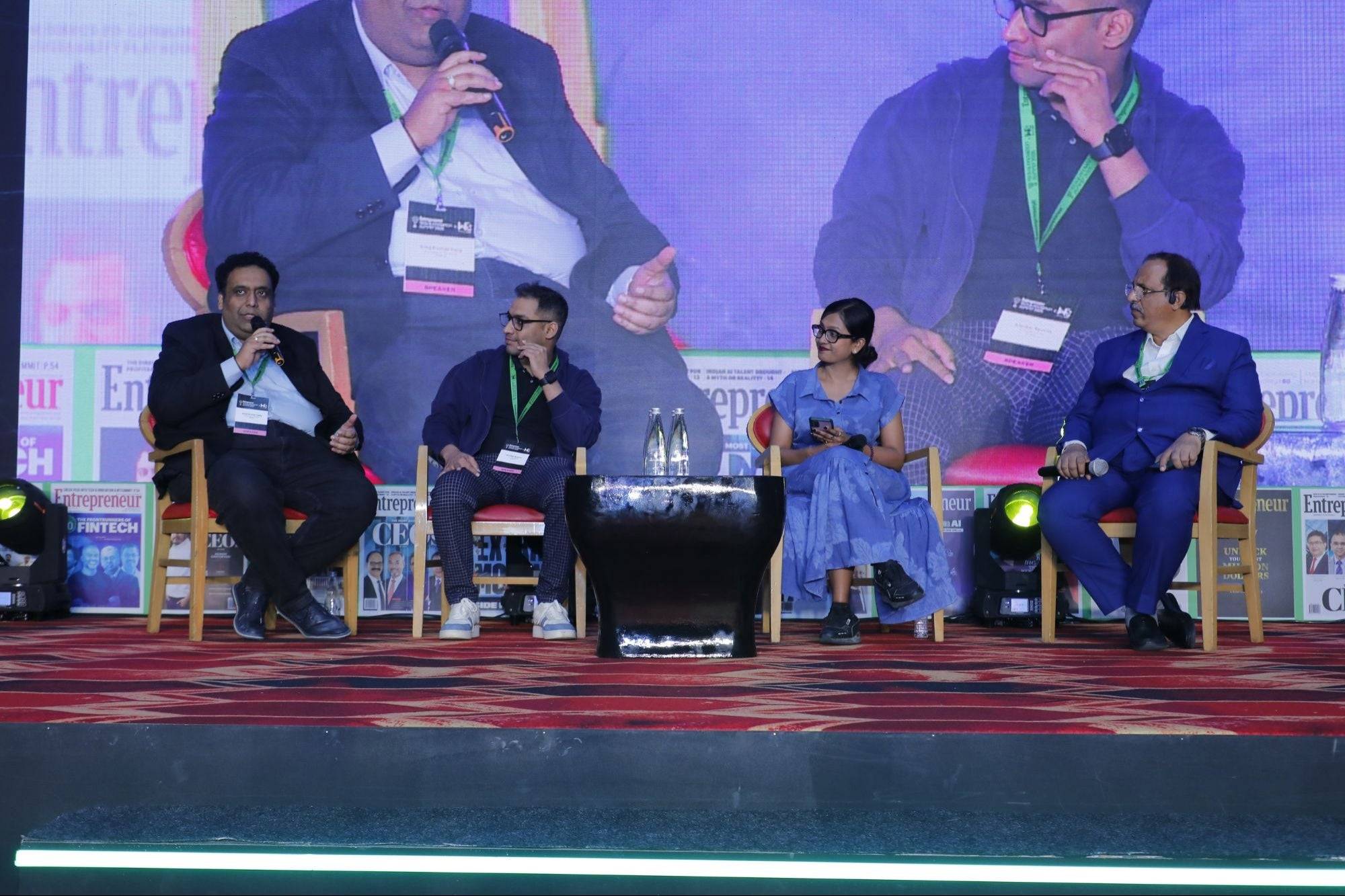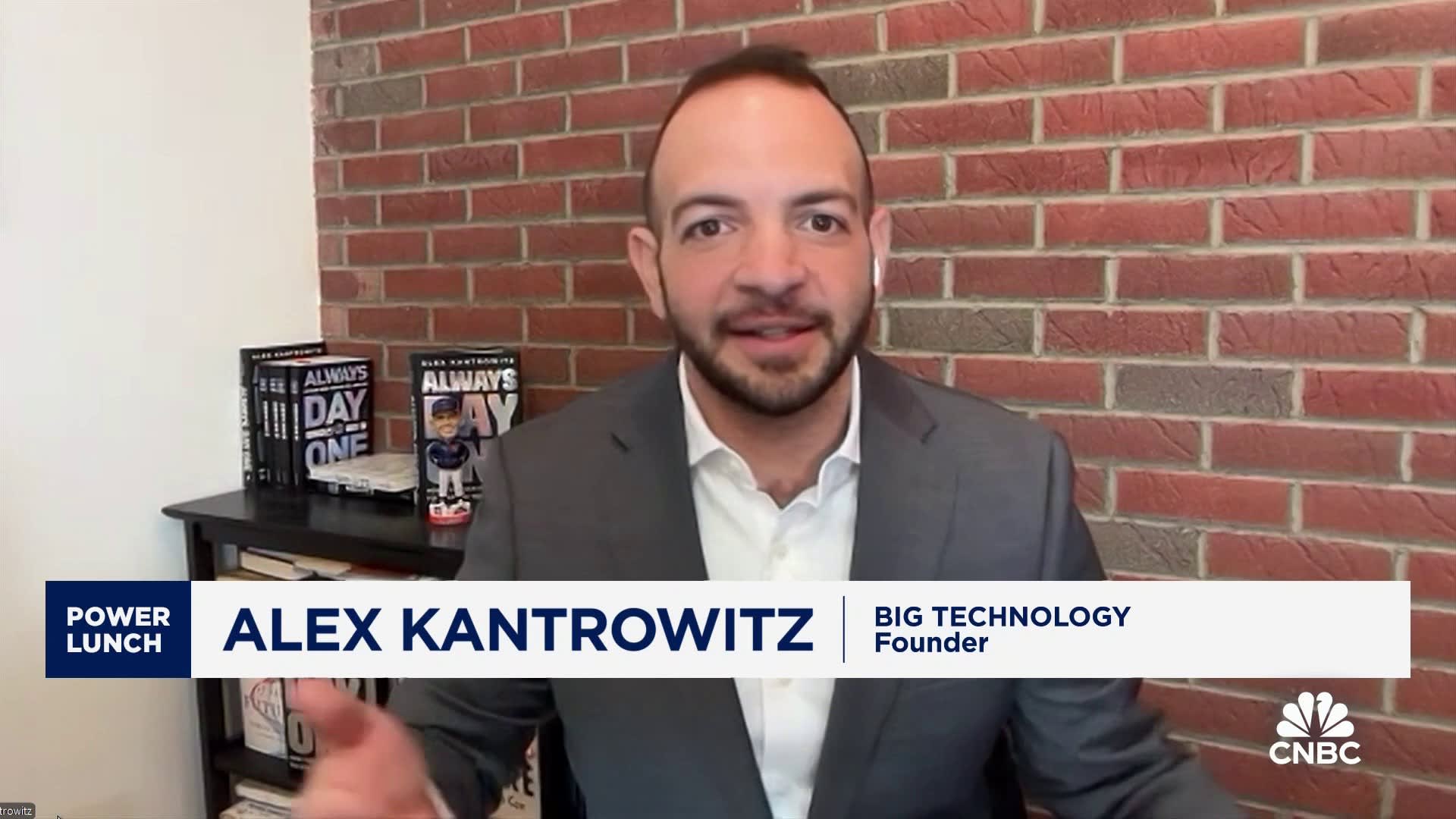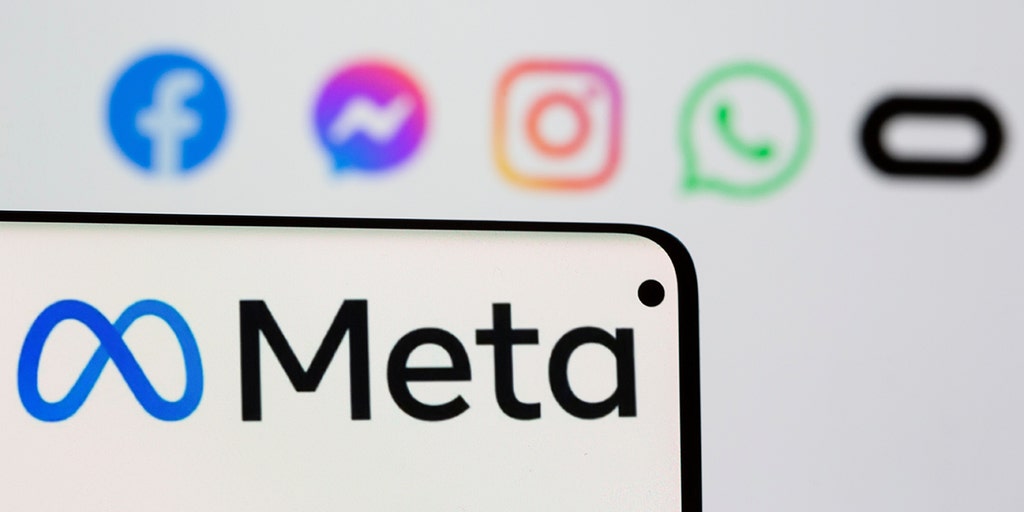Introduction
Blockchain technology has evolved significantly since its inception with Bitcoin, extending far beyond the realm of cryptocurrencies. It’s a decentralized database mechanism that ensures transparent information sharing within business networks, making it nearly impossible to alter or manipulate data without consensus from all participants. This immutability has revolutionized various industries, from finance and healthcare to retail and energy.
Blockchain in Finance
In finance, blockchain streamlines transactions by eliminating the need for intermediaries, reducing costs and increasing efficiency. For instance, Singapore Exchange Limited uses blockchain to manage interbank payments more effectively, resolving issues such as batch processing and manual reconciliation.
Blockchain in Healthcare
Similarly, in healthcare, blockchain secures medical records, ensuring data integrity and reducing the risk of breaches. MedRec, developed at MIT, demonstrates this by using blockchain to manage and secure patient records efficiently.
Blockchain in Retail and Supply Chain
Retail companies like Amazon are using blockchain to ensure the authenticity of goods by tracking their movement through supply chains. De Beers, a leading diamond mining firm, has developed a blockchain platform to track diamonds from mining to retail, ensuring customers can verify the genuineness of diamonds. Walmart and Maersk have also partnered to use blockchain for supply chain management, improving traceability and reducing fraud.
Blockchain in Media and Entertainment
The media and entertainment industry benefits from blockchain through efficient digital rights management. Sony Music Entertainment Japan, for example, uses blockchain to enhance copyright processing and productivity. Blockchain’s ability to create immutable records makes it ideal for managing intellectual property rights, ensuring fair compensation for artists.
Future Applications and Ethical Considerations
Beyond these sectors, blockchain is poised to transform industries further by integrating with technologies like artificial intelligence and IoT. This convergence could drive innovation in managing complex data flows and securing transactions across various domains. As businesses increasingly adopt blockchain, it’s crucial to consider the ethical implications, such as ensuring privacy and addressing potential biases in smart contracts.
Challenges and Outlook
Looking forward, the future of blockchain is promising but also challenging. As more industries integrate blockchain, regulatory frameworks will need to adapt to ensure transparency and accountability. Moreover, the environmental impact of blockchain operations, especially energy consumption related to mining, is a critical concern that needs addressing. With the right balance of innovation and responsibility, blockchain could become a foundational technology for modern business, enhancing trust, efficiency, and security globally.
For more insights into emerging technologies and their societal impacts, visit Epochedge’s technology section. To stay updated on the latest news in the tech world, explore our news section. For educational resources on understanding and integrating these technologies, check out Epochedge education. As blockchain technology continues to evolve, it’s essential to follow developments closely and consider how it might shape our future.










